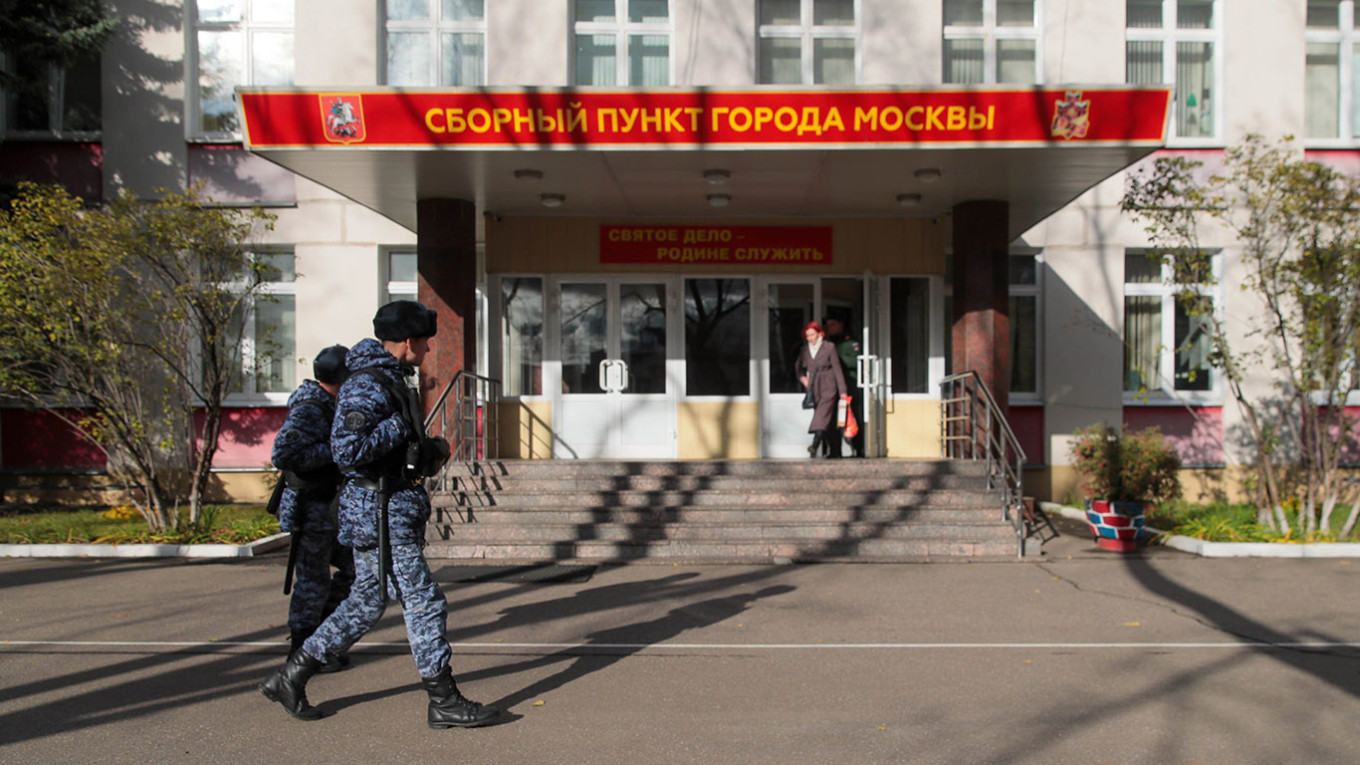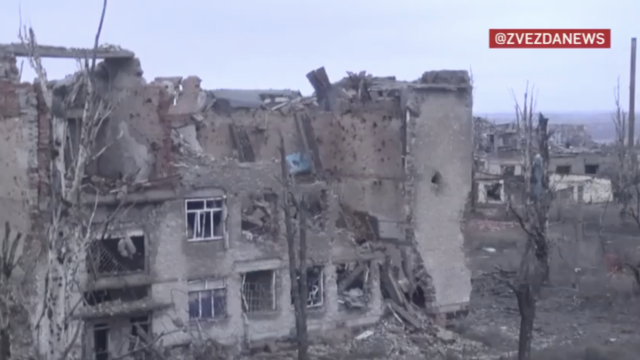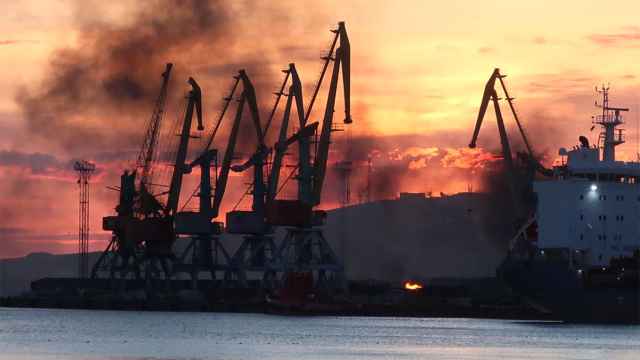Moscow military enlistment offices have started issuing notifications to conscripts warning of potential travel restrictions and other penalties for failing to report for mandatory service, the investigative outlet iStories has reported.
Reports of messages warning Russian men about the consequences of evading conscription first circulated on social media and were later verified by Artyom Klyga, a lawyer from Russia’s Movement of Conscientious Objectors.
These SMS notifications emphasize recent amendments to the Military Duty Law, which parliament revised to impose severe controls on conscripts ignoring summonses. The new measures include restrictions on international travel, property ownership, loan eligibility and business registration.
The notifications instruct recipients to report to a conscription office on Ugreshskaya Ulitsa in southeast Moscow.
Failure to comply may result in criminal prosecution, with fines currently capped at 30,000 rubles ($305). However, recent amendments threaten criminal charges carrying penalties of up to 200,000 rubles ($2,030) or a maximum two-year prison sentence. In practice, cases in 2023 and 2024 have mostly resulted in fines rather than imprisonment.
Legal experts and human rights advocates have condemned the notifications as coercive tactics. Advocacy group School of the Conscript described the messages as “intimidation tactics,” adding that the amendments to conscription law do not take effect until January 2025.
“Their goal is to make you panic and rush to the military commissariat to surrender,” the group said on social media. “Neither we nor our colleagues have received reports or evidence of any restrictive measures being enforced yet. So far, there have been no such reports, or we just don’t know of them yet.”
The digitalization of summonses and enforcement of electronic restrictions are part of a wider overhaul of Russia’s military registry.
A national electronic summons registry, set to launch in January, will enable centralized tracking and swift application of travel bans and other sanctions against conscription evaders.
Authorities claim that, once integrated, the system will enable instant data sharing with the FSB Border Service, allowing exit restrictions to be applied at Russian borders immediately. Testing of this system began in September 2024 in select regions, including Sakhalin and Ryazan, with nationwide implementation anticipated early next year.
This article was originally published by bne IntelliNews.
A Message from The Moscow Times:
Dear readers,
We are facing unprecedented challenges. Russia's Prosecutor General's Office has designated The Moscow Times as an "undesirable" organization, criminalizing our work and putting our staff at risk of prosecution. This follows our earlier unjust labeling as a "foreign agent."
These actions are direct attempts to silence independent journalism in Russia. The authorities claim our work "discredits the decisions of the Russian leadership." We see things differently: we strive to provide accurate, unbiased reporting on Russia.
We, the journalists of The Moscow Times, refuse to be silenced. But to continue our work, we need your help.
Your support, no matter how small, makes a world of difference. If you can, please support us monthly starting from just $2. It's quick to set up, and every contribution makes a significant impact.
By supporting The Moscow Times, you're defending open, independent journalism in the face of repression. Thank you for standing with us.
Remind me later.






